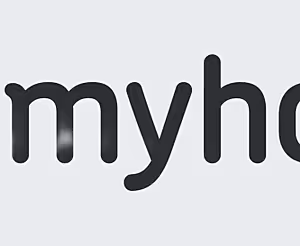
Up to 10,000 homes are now reported to have paid the controversial new €100 Household Charge.
The new figure was revealed by TV3 News this morning, with the number continuing to shoot up despite strong opposition to the charge from certain quarters and hefty criticism of the website www.householdcharge.ie
Homeowners can register their details on the site and pay the charge by debit or credit card. Payment can also be made by cheque or postal order at local authority offices.
Chairperson of the Household Charge Project Board Jackie Maguire said the deadline for payment was March 31st, after which late penalties and fines would arise. She said systems would be put in place, such as records held by the ESB for example, to track down people who fail to pay.
People living in local authority houses, those living in ghost estates or who are in receipt of mortgage interest supplement are among those who are exempt from the charge.
However, speaking to the Irish Times, Mick Murphy of the Campaign Against Household Water Taxes called on people not to pay the charge saying if enough people did not register “the Government will have to go back and rethink this”.
“Government policy is to broaden the tax base. What they really mean is broadening it onto the shoulders of ordinary working people. They should be looking at wealth taxes, profit taxes and taxes on higher income earners.”
Mr Murphy said he was confident more than 50% of households would refuse to pay the charge.
“We will be holding public meetings in every parish, starting with the urban centres and then moving into towns and villages. We will fight any case where an individual is brought to court over non-payment of this charge,” he said.
The campaign is holding an open meeting on Saturday January 14th, at the Teachers’ Club on Parnell Square in Dublin. Its purpose is to bring activists together to discuss how best to step up the national non-payment campaign.
Meanwhile, Socialist MEP Paul Murphy has lodged a complaint with the Data Commissioner about the www.householdcharge.ie website.
“This site is in breach of the 2011 regulations on privacy and electronic communications which implements EU directives on privacy,” he said.
“Its privacy statement declares that the site uses ‘session cookies’ which are erased after use, whereas in fact it uses so-called ‘persistent cookies’ that remain on people’s computers after they visit the website.”
The Office of the Data Protection Commissioner confirmed last night it had received a complaint from Mr Murphy.
At least 15 Opposition TDs who are campaigning against the new charge say they are prepared to go to jail for non-payment of the charge, for which fines of up to €2,500 can be imposed.
They do not foresee that happening, however, with Dublin South Central TD Joan Collins telling the Herald: "The number of people prepared to say no to this charge is just huge and we will continue to fight it."





